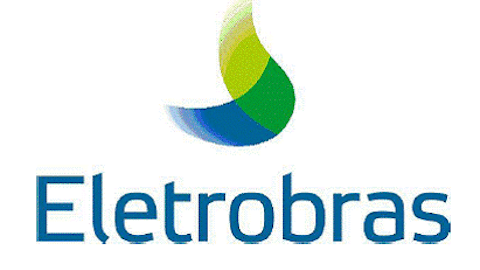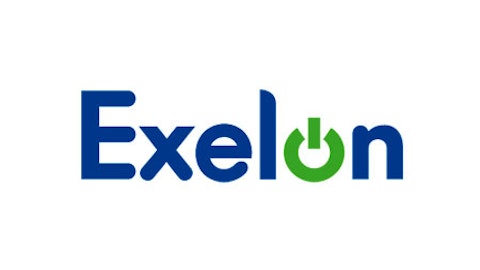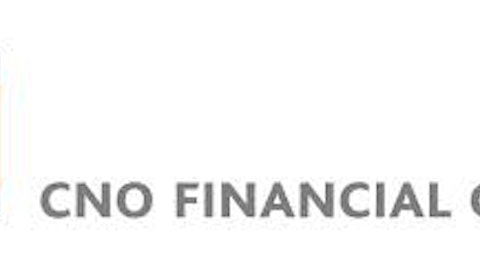The shares of Pepco Holdings, Inc. (NYSE:POM) plummeted by over 16% yesterday after regulatory bodies denied its merger with Exelon Corporation (NYSE:EXC). The Public Service Commission of the District of Columbia denied the proposed merger between the two companies after concluding that it would not be in the public interest. The shares of Exelon Corporation dropped by 5.91% after the announcement. The two companies entered into a definitive agreement on April 30 under which Exelon Corporation (NYSE:EXC) was to acquire Pepco Holdings, Inc. (NYSE:POM) for approximately $6.8 billion.
While providing details of the Public Service Commission’s decision, Commissioner Joanne Doddy Fort said, “The Proposed Merger would diminish Pepco’s ability to directly raise issues that address the needs of District ratepayers while posing regulatory challenges for the Commission and the interested parties who participate in Commission proceedings.”

Before the D.C. rejection, the merger had received approval from Maryland, Virginia, Delaware, New Jersey, and the U.S. Federal Energy Regulatory Commission. Pepco Holdings, Inc. (NYSE:POM) and Exelon Corporation (NYSE:EXC) released a joint statement expressing their disappointment with the decision. The companies stated, “We are disappointed with the Commission’s decision and believe it fails to recognize the benefits of the merger to the District of Columbia and its residents and businesses.”
The shares of Pepco Holdings, Inc. (NYSE:POM) have now declined by 16.5% year-to-date and are currently trading at $22.52 per share. Exelon Corporation (NYSE:EXC) has lost 19.69% year-to-date and its shares are trading at $30.40, as of the close of trading yesterday. The smart money was bearish on the stock of Pepco Holdings, Inc. (NYSE:POM) in the second quarter, with 16 hedge funds holding aggregate positions worth $155.24 million. The net holdings of the company’s stock held by funds we track dropped by 31.85% in the second quarter, which is a notable decline for a merger-arb stock. On the other hand, hedge funds were more positive on Exelon Corporation (NYSE:EXC), as 30 hedge funds held equity positions worth $1.07 billion on June 30. The hedge funds in our database improved their net positions in Exelon by 2.90% during the second quarter, while its shares declined by 6.52% during that time.
At Insider Monkey, we track hedge funds’ moves in order to identify actionable patterns and profit from them. Our research has shown that hedge funds’ large-cap stock picks historically delivered a monthly alpha of six basis points, though these stocks underperformed the S&P 500 Total Return Index by an average of seven basis points per month between 1999 and 2012. On the other hand, the 15 most popular small-cap stocks among hedge funds outperformed the S&P 500 Index by an average of 95 basis points per month (read the details here). Since the official launch of our small-cap strategy in August 2012, it has performed just as predicted, returning 118% and beating the market by more than 60 percentage points. We believe the data is clear: investors will be better off by focusing on small-cap stocks utilizing hedge fund expertise rather than large-cap stocks.
Among the hedge funds that we track at Insider Monkey, Alpine Associated, led by Robert Emil Zoellner, was the largest shareholder of Pepco Holdings, Inc. (NYSE:POM) at the end of the second quarter, having 2.05 million shares valued at $55.15 million in its portfolio. Renaissance Technologies and Manikay Partners were among the other primary stakeholders, with 1.08 million shares and 483,940 shares in their portfolio, respectively.
Clint Carlson’s Carlson Capital was on top of the shareholders list of Exelon Corporation (NYSE:EXC) in our database, as of June 30. The investment firm reported ownership of 8.38 million shares with a market value of $263.21 million. Millennium Management and Adage Capital Management were other significant shareholders of the company, with 7.56 million shares and 2.81 million shares, respectively.
Disclosure: None




